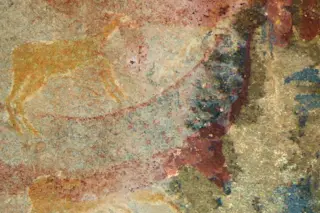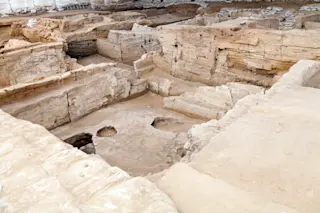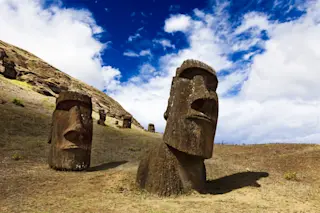For clues to the psychological health of members of Egypt's Middle Kingdom, researchers have turned to "Dispute Over Suicide," a poem in hieroglyphics commissioned by a ruler in about 2000 B.C.
Using qualitative analysis software, Birmingham University psychiatrist George Tadros and Egyptologist Ahmes Pahor spotted a multitude of references to low self-esteem, hopelessness, helplessness, a determination to die, and magical thinking.
Tadros suspects the poem, which was probably recited as public entertainment in villages, was a public-relations effort to combat a high suicide rate.
"But the really interesting thing is the level of maturity with the subject. This writer didn't label it or condemn it—what he did was put forth two sides of the argument and left it open," says Tadros, who also studies suicide in modern cultures. "It's odd, because in most societies where there is no stigma or condemnation of suicide, the rates are below average."














